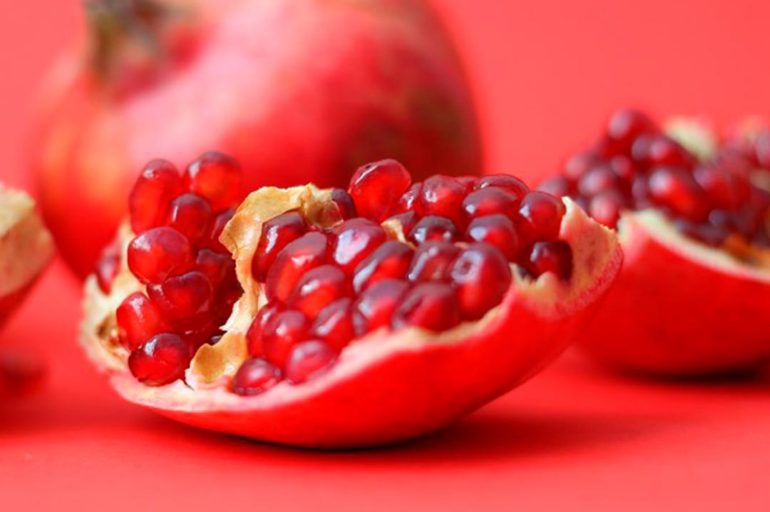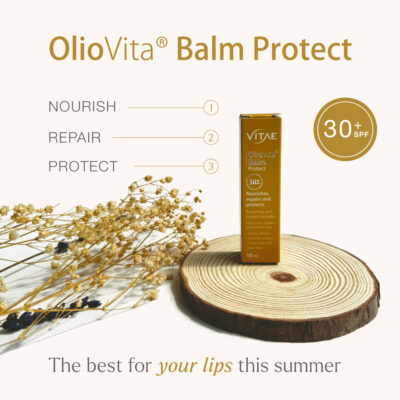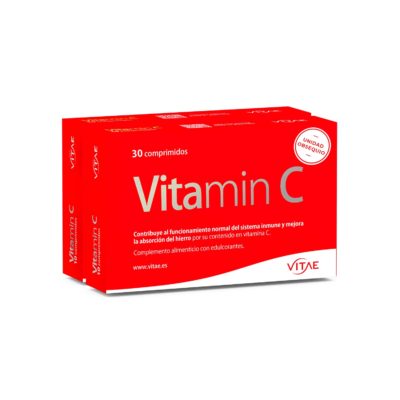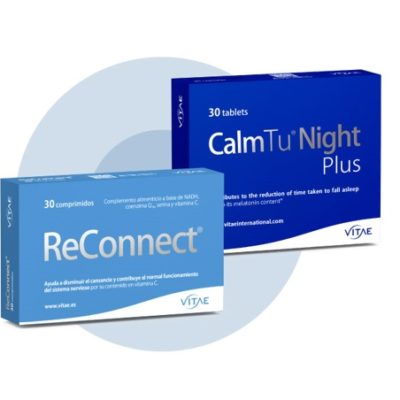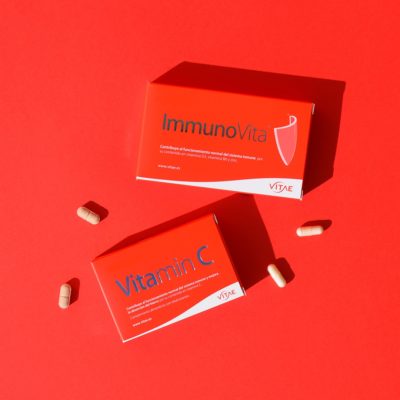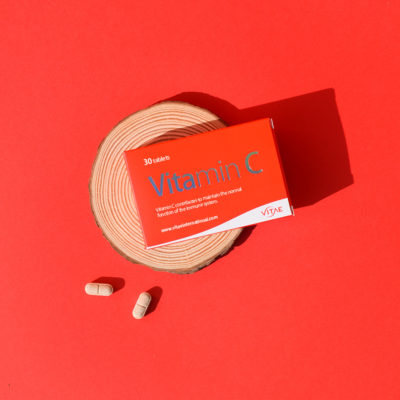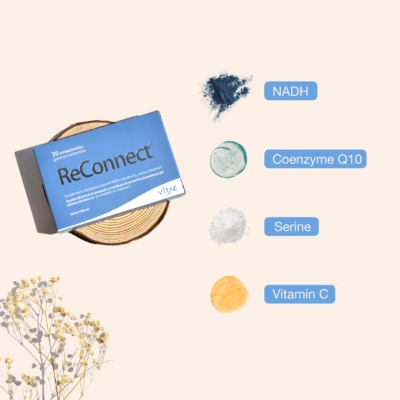We all have heard about antioxidants and we all relate them with healthy lifestyle and beauty skin. These molecules can be found in some foods and are capable of fighting the dreaded free radicals and, thus, slowing down the aging process of our cells.
We have spoken with Dr. Helena Rutllant, nutrition specialist at the Corachán Clinic, to introduce us a little more to the wonderful world of antioxidants.
- Antioxidants have been named for a few years now, but what exactly are they?
An antioxidant is a molecule capable of slowing and even preventing the oxidation of other molecules such as proteins, lipids, or nucleic acids.
Oxidation will be triggered by the action of free radicals that will act to structurally and / or functionally alter those proteins, lipids or nucleic acids. In this case the antioxidants will be in charge of stabilizing the free radicals.
Aging is a natural oxidation process, although we cannot avoid it, we can counteract its effects and slow them down.
- Where can we find antioxidants?
We should differentiate between those antioxidants synthesized by our body (endogenous) and those that we obtain from the diet or from supplements (exogenous).
Those that we obtain from the diet can be classified as follows:
Vitamins-antioxidants: vitamin C (ascorbic acid), vitamin E and pro-vitamin A or precursors of vitamin A.
Carotenoids: lycopene, lutein, zeaxanthin.
Polyphenols (both flavonoids and non-flavonoids).
Some organ-sulphur compounds, glucosinolates
- Why do professionals say antioxidants are so beneficial to our health?
We are increasingly exposed to an environment with a large number of oxidizing factors: chronic stress, tobacco, environmental pollution, chemicals, radiation, an inadequate diet, among others, which combined with the natural aging process, can accelerate changes causing affections related to oxidative stress states in the body.
A nutrient has antioxidant properties when it is able to neutralize these radicals without losing its own stability, but sometimes there is so much excess of free radicals that if they cannot be eliminated by the body, they end up damaging important structures to maintain good health, facilitating the development of various types of diseases.
We know more than 100 diseases related to increased oxidative stress, such as neurodegenerative diseases (Alzheimer’s, Parkinson’s …), some types of cancer, diabetes, cardiovascular diseases, etc …
- Are there foods with higher antioxidant capacity than others?
Yes, with what we have previously mentioned we can conclude that foods of plant origin contain a greater quantity of antioxidants than those of animal origin. And within these we could mention the following:
Fruits: citrus, red berries (blueberries, raspberries, blackberries, strawberries), grapes, tomatoes, kiwi, mango, apple …
Vegetables: broccoli, artichoke, carrot, spinach, chard, eggplant, garlic, black garlic, celery, cabbage, cauliflower, pumpkin, potatoes, red pepper …
Nuts, seeds, vegetable oils such as olive oil …
Cinnamon, turmeric, rosemary …
Whole grains
Green tea
Dark chocolate
- Antioxidants have the function of neutralizing free radicals, but, depending on the type of antioxidant, will it work in a different area of our body or they all work the same way?
Free radicals are generated endogenously in multiple necessary processes (e.g. when we transform food into energy). It also has to be mentioned that the body itself produces free radicals to fight against the attack of bacteria and viruses.
However, I would like to talk about antioxidant action at a more general level. We must think that a group of antioxidants will directly interact with free radicals and either eliminate them or make them less reactive. Other antioxidants will regulate the synthesis of antioxidant enzymes and some will even slow the synthesis of pro-oxidant enzymes. They can also act as cofactors in enzymatic reactions favouring the elimination of these radicals.
Even food can provide different types of antioxidants. We have seen that each one can act in different processes but all end up reducing free radicals.
- Should we consume antioxidants daily?
If we think that we generate free radicals every day, the answer should be yes. It is important to keep in mind that the intake should come from the most natural possible source: healthy diet containing antioxidant foods. In my opinion, if we want to enjoy a healthy and active life for a longer time, we must remember to keep a diet rich in antioxidants.
- Is there a specific quantity we should keep in mind?
There is no general answer to this questions because the interesting thing would be to assess each individual separately. Factors such as age, toxic habits, type of profession, physical activity, type of diet, existence of diseases, etc. will play an important role when advising. So, having said that, in some cases it may be necessary to supplement the diet with specific food supplements.
I would like to emphasize that it is not only necessary to consume antioxidant foods to be healthy but we must try to improve our diet to make it as healthy and balanced as possible. Unbalanced or unhealthy lifestyles will promote an increase on free radical levels.
- How can we ensure antioxidants bioavailability?
Before deciding how we should cook a food to obtain the maximum benefit, we should know what are its main nutrients and how they “behave”. Let’s put the “tomato example”: foods rich in vitamin C are better to be eaten raw, but tomato (that of course contains vitamin C), also contains lycopene and its bioavailability improves with the heat. A tomato sauce cooked in olive oil, will provide us with greater bioavailability of this molecule than if we eat it raw and whole. So as you can see, there is not a general rule.
I would like to add that sometimes excess of free radicals are caused by treatments to combat some type of disease, such as cancer, and in that case, antioxidant supplementation (not diet!!) should be evaluated by a healthcare professional and do not leave it in the hands of the patient. In this specific situations, supplementing without medical advice could neutralize the treatment.
So, take-home message about antioxidants: “99% of the times, antioxidant is synonym of health”

